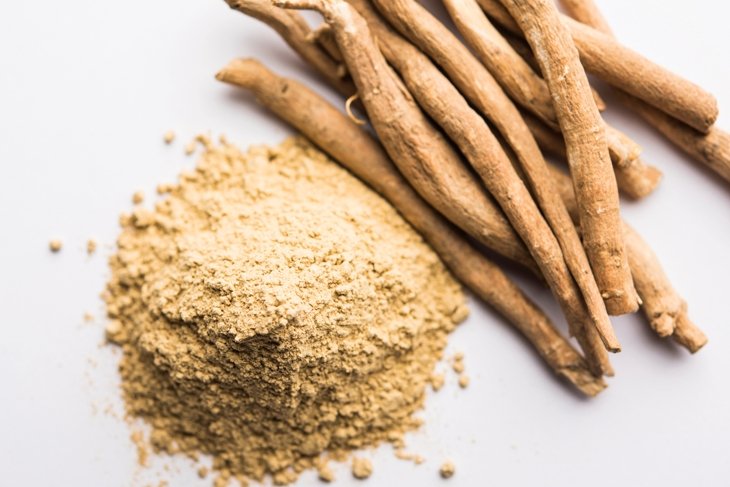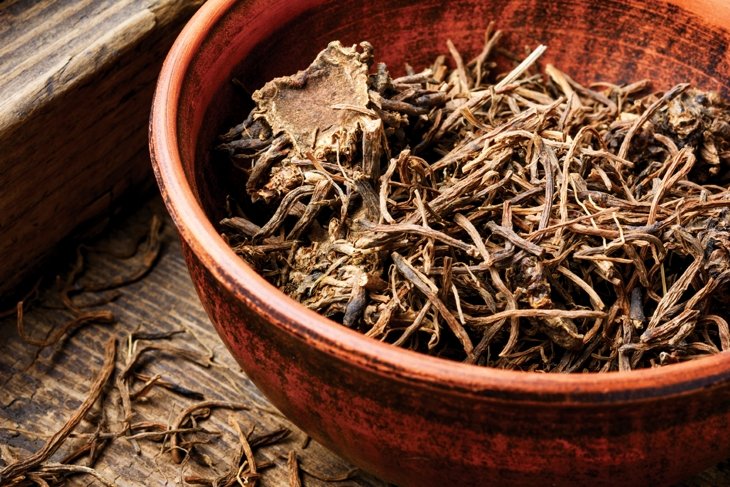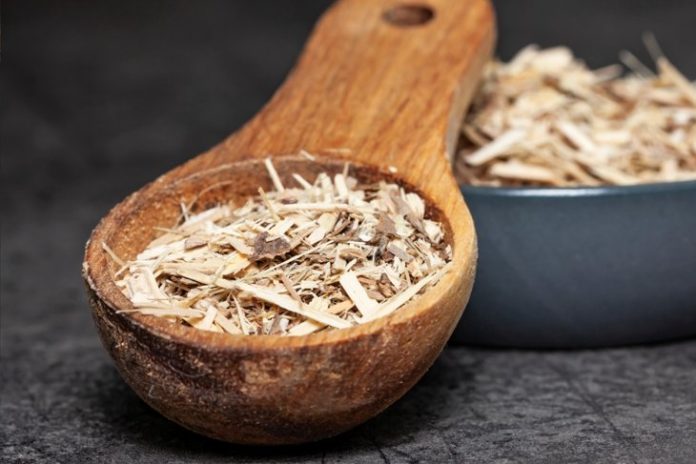
Though we’re no longer fleeing hungry lions, we can’t deny—or ignore—the adverse effects of our 21st-century stress. In fact, almost 6 percent of the Global Burden of Disease (a comprehensive regional and global assessment of mortality and disability from major diseases, injuries, and risk factors) is due to mental health disorders such as anxiety and depression.
On a daily basis, our neuroendocrine and immune systems are inevitably taxed from the detrimental effects of biological, chemical, and/or physical stress. Our physiology responds by activating our sympathetic nervous system: our adrenal glands release adrenalin and noradrenalin, which in turn constrict blood vessels and elevate blood pressure and heart rate. The hypothalamus and pituitary glands are also involved, triggering the release of cortisol by the adrenal glands.
Whether clinically detectable or subclinical, acute stress may become chronic stress over time, potentially giving rise to systemic inflammation, a suppressed immune system, and an increased risk of developing a disease process.
To avoid the damaging effects stress has on our body, it’s crucial to consider the use of integrative modalities to our current medical approach to stress. Mindfulness-based stress reduction, acupuncture, cognitive behavioural therapy, massage, meditation, hypnotherapy, yoga, breathing techniques, and using food as medicine are all evidence-based approaches that can be used independently or with conventional medical approaches.
The roots of natural medicine
When using plants as medicine, often overlooked is what lies beneath the surface: the roots of the plants themselves.
Over thousands of years, medicinal roots have been used in ancient and holistic systems of healing such as Ayurveda, traditional Chinese medicine, and herbalism. Modern research of some of these concentrated nutritional powerhouses has allowed us to understand them from a scientific standpoint and their evidence-based efficacy on human health.
Likely one of the most notable medicinal properties of roots is their adaptogenic nature, which enhances the body’s innate ability to adapt to and counter the effects of stress. In turn, homeostasis is established via various mechanisms such as transcription factors, protein kinases, and molecular chaperones, which are important mediators of the stress response. Two examples of such roots are ashwagandha and eleuthero.
Ashwagandha root

Central to the practice of Ayurveda, ashwagandha root extract positively correlated with reducing stress and anxiety in adults, according to a randomized, double-blind, placebo-controlled study in the Indian Journal of Psychological Medicine.
Referred to as the “royal herb” due to its diverse effects on the human body, this well-studied adaptogen has also been shown to contain anti-inflammatory, antioxidant, neuroprotective, thyroid-modulating, cardioprotective, and immuno-modulating properties. Even though it has the distinct smell of a horse, its benefits seem to supersede the unpalatable aroma.
Eleuthero (Siberian ginseng)

Another less known adaptogen, although one of the five most commonly used in Western herbalism, eleuthero, otherwise known as Siberian ginseng, has been used in traditional Chinese medicine for thousands of years.
Although little clinical evidence exists, it has been used to stimulate the immune system, boost energy, decrease inflammation and fatigue, increase survival time in patients with advanced stage cancer when used in combination with other therapies, and treat high blood pressure.
Valerian root

Perhaps a dose of nature’s Valium is just what the doctor ordered. Valerian root, from the word valere, “to be healthy,” has a unique composition of isovaleric acid, valerenic acid, as well as certain antioxidants such as linarin and hesperidin. These components promote sleep and relaxation and act as an anxiolytic (reduces anxiety).
Similar to Xanax or Valium, the valerenic acid inhibits the breakdown of gamma-aminobutyric acid (GABA), a chemical that helps regulate nerve impulses, thereby leading to increased levels of GABA. In turn, this promotes a state of relaxation and prevents acute or chronic stress, which is seen with low levels of GABA.
These are but a few of the herbs available today. Tilling the soil will expose other stress-altering roots such as licorice, echinacea, and astragalus. Other health-promoting roots include burdock, dandelion, ginger, turmeric, and marshmallow root.
Roots are best harvested in the fall or spring, when nutrients are concentrated. Decoctions are the preferred method for extracting medicinal constituents from most roots, versus infusions, which are favoured for aromatic roots such as valerian or ginger.
Regardless of the medicinal root, the way they’re used is dependent upon dose, duration, and how they’re prepared. A personalized remedy for stress and anxiety begins with consulting your primary care practitioner to ensure there are no contraindications to using roots.
3 Unique medicinal roots
1. Ashwagandha is used to reduce stress; it is anxiolytic (helps reduce anxiety) and anti-inflammatory.
2. Eleuthero may boost energy, is anti-inflammatory, and reduces fatigue.
3. Valerian is used for promoting sleep and is an anxiolytic.
Different supplement forms available include capsules, tinctures, teas, and powders.
Don’t forget to roll up your sleeves and get dirty as you build your own apothecary of medicinal roots. Then head into your kitchen to put them to the test using the following simple stress-busting recipes.
Medicinal Root Mood Latte
Roasted Medicinal Root Salad with Ashwagandha Dressing
Justyna Sanders, MD, founder of PrescriptionLifestyle.com, specializes in lifestyle transformations, is certified in plant-based nutrition, and is a public health researcher and visionary for transforming the field of medicine.

















